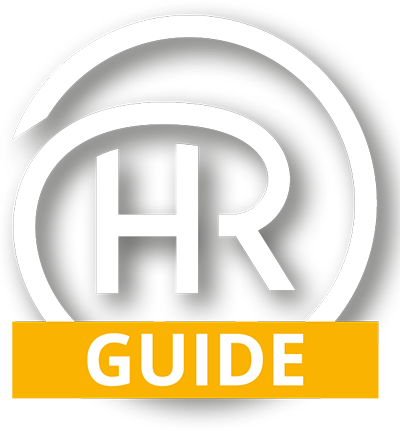Understanding Parental Leave – A Step-by-Step Guide
Written by Andrew Johnson, Founder and CEO HRGuide - Wed 23rd Oct 2024
Introduction
Parents have the right to unpaid time off work when they need to look after their children. This is called 'ordinary parental leave' or unpaid parental leave. Parental leave is additional to other types of time off employees are usually entitled to, such as:
- maternity, paternity and adoption leave and shared parental leave – for when someone's having a baby or adopting a child
- holiday
Parental leave is usually unpaid, but some employers might offer pay.
There are many valid reasons an employee might take parental leave to be with their child. This can include:
- provide care when usual childcare arrangements are disrupted and the time off can be planned in advance
- spend more time with them
- look after them during school holidays
- care for them when they're off school sick
- go to school open days or events with them
- settle them into new childcare arrangements
- visit grandparents or other relatives with them
Eligibility for parental leave - In order for an employee to be eligible for parental leave they must:
- be legally classed as an employee
- have worked for the employer for 1 year or more
They must have parental responsibility for the child. This means they must be named on one of the following:
- the child's birth certificate
- the child's adoption certificate
- a parental order, for surrogacy
- a legal guardianship
Step parents can also have parental responsibility where it's agreed between all parents. If someone is separated from the other parent or does not live with their child, they still have the right to parental leave if they have parental responsibility for their child.
Taking parental leave
Each parent can take up to 18 weeks of parental leave for each child until each child is 18 years old. If an employee takes it, it must be:
- in blocks of weeks
- a maximum of 4 weeks a year for each child
Employees still accrue (build up) their holiday entitlement as usual while on parental leave.
Taking parental leave for a disabled child
An employee can take parental leave in blocks of days rather than weeks if they receive one of the following for their child:
- Disability Living Allowance
- Personal Independence Payment
Notice for parental leave - The employee must give their employer 21 days' notice before the date they want to start a block of parental leave and also provide the exact dates they plan to start and finish the block of parental leave.
When can an employer change parental leave dates?
Employers cannot refuse or completely cancel parental leave. You can postpone it if it's going to cause problems at work, for example if there's an important deadline. You can postpone it for up to 6 months after the date the employee originally asked for. The employee must be able to take it before their child's 18th birthday.
If the employer needs to postpone parental leave, they must write to the employee within 7 days of their request to:
- explain why the leave needs to be postponed
- give other suitable dates
An employee might ask to start their parental leave on the day of birth or adoption, before paternity leave. In this situation the employer cannot postpone parental leave.
Taking less than a week off to look after a child
In an emergency or unexpected event an employee might need a day or 2 to look after their child. In these situations, they could use either some holiday or “time off for dependants” leave. As an employer you might just grant them special leave. This is usually leave that an employer might provide in a contract and can be paid or unpaid. An employee can take carer's leave to look after a dependant with a long-term care need. They can take up to one week. They need to give their employer notice.
Employees' rights when taking parental leave - It's against the law for an employer to dismiss someone or cause them detriment because they have asked to take parental leave. Detriment means someone experiences one or both of the following:
- being treated worse than before
- having their situation made worse
Examples of detriment could be:
- their employer reduces their hours
- they experience bullying
- they experience harassment
- their employer turns down their training requests without good reason
- they are overlooked for promotions or development opportunities
Download our more detailed step by step HR How to Guide for more detail on parental leave by subscribing to https://www.hrguide.co.uk/subscribe.php
If our step-by-step HR How to Guide doesn’t give you the support you need, simply call us on our HR Helpline for expert advice.

